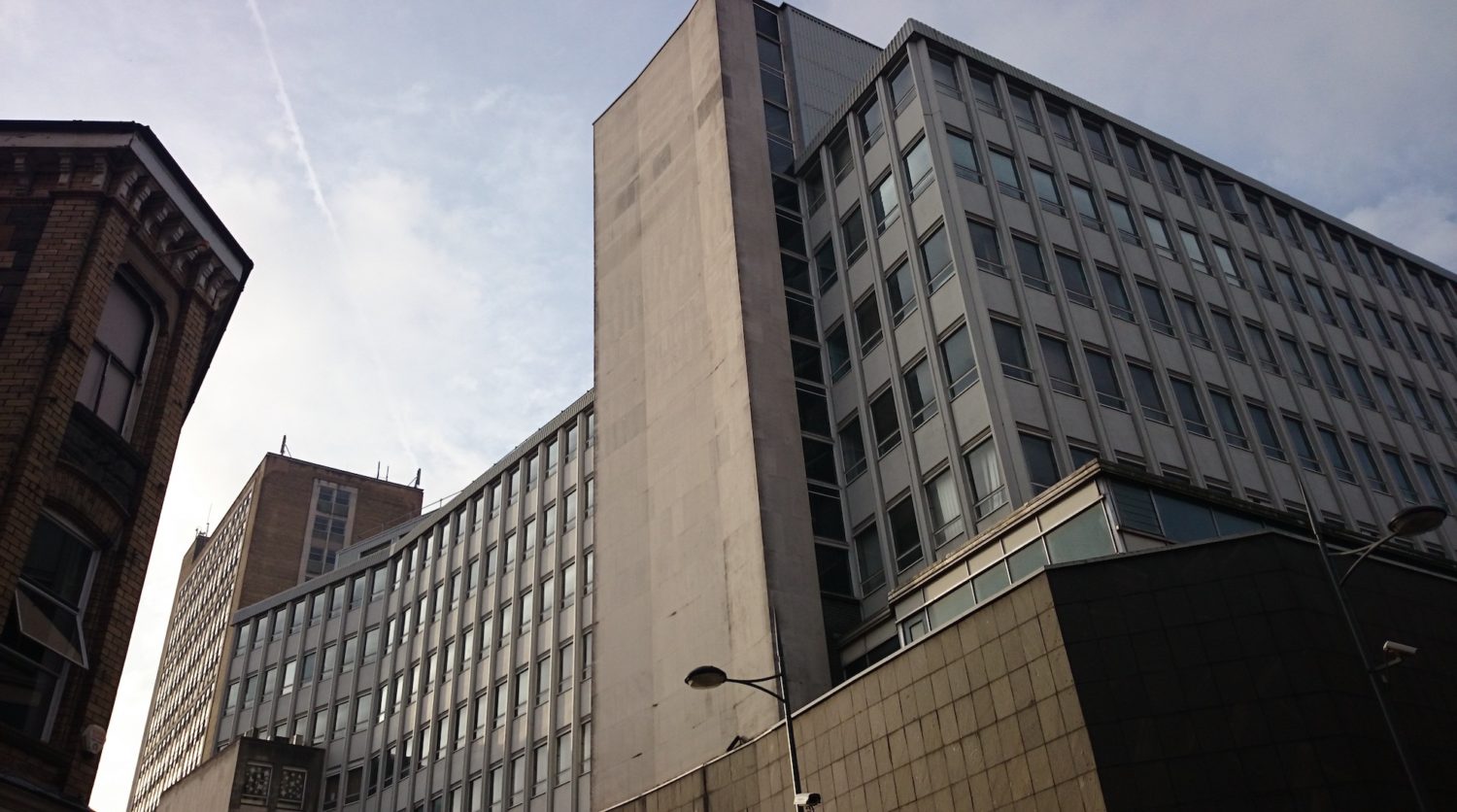Key ingredient
The concept of co-production is gaining popularity in Wales and can help those hardest hit by the pandemic, argues Gideon Calder.
Newport in south Wales was hit hard and early by the spread of Covid-19, at one stage near the top of the UK infection rates table. As elsewhere, the impacts fell unevenly. By July, death rates in inner-city Pillgwenlly were 10 times higher than in affluent areas further out of town.
As the weeks passed and the virus spread, it became clear that some parts of the population were carrying an especially heavy burden. Again, the pattern was quite typical. Older people, black, Asian and minority ethnic communities and people with disabilities were among those facing particular hardships during lockdown. As has been said so often, the virus was laying bare stark inequalities in the social fabric. While everyone in principle was vulnerable to Covid-19, some communities were in far less of a position than others to be resilient in response.
We know this partly because Newport city council undertook a community impact assessment into the effects of the novel coronavirus. It invited the Newport Fairness Commission to chair a series of sessions with the communities most likely to have experienced greater disadvantages during the pandemic. The Fairness Commission is an independent body set up both to scrutinise the council’s decision-making and to improve dialogue about fairness at street level. Unlike most others across the UK, it is a fixture: it has served this role since 2012.
The Fairness Commission ran focus groups in August. Each addressed a different demographic: BAME communities, disabled people and their carers, refugees and asylum seekers, LGBTQ+ people, Welsh speakers, older people and their carers and children and young people. They were set up to capture experiences, and unheard personal stories; to put human narrative alongside the numbers; to hear directly and without prompting from those affected about how the pandemic and lockdown had shaped their lives.
And what we found was highly revealing. People’s experiences differed between and within groups. So while shared on some level, children’s experiences of lockdown – closed schools, domestic confinement – varied widely according to their class background. Some stories – for example, those of young homeless LGBTQ+ people, or recently arrived asylum seekers – carried intense power.
But amid the rich diversity in points of view, some themes kept re-emerging. One was digital exclusion: the fact that when social interaction and the provision of information shifts online, some will be left out. Another was mental health, likely to be worsened by lockdown itself, but also an area where services were struggling to keep up with demand. But another recurring point was less expected: when it came to how to ‘build back better’, ‘co-production’ was frequently mentioned.
The concept of co-production has been around for a while. It evens up and reconfigures the relationship between providers and users of a service. Rather than passive recipients, those using services are actively involved in their conception, design and delivery. It is an approach that assumes expertise is distributed among everyday people, as much as professionals. It is both radical and in essence, quite simple.
It is not an accident that co-production is being brought into conversations about Covid-19 in Wales. It is quite a ‘now’ term among some practitioners, featuring in Welsh government policy, particularly in its most innovative areas such as Wales’ social services and wellbeing act 2014, and the wellbeing of future generations act 2015.
But most striking in our focus groups was that people were using the term unprompted – and that even when they were not mentioning it by name, it was the best way of summing up what they were getting at. Again and again, people would say that the solution to current problems hung on people being trusted to know what is best for them. People being included in the conversation about where problems lie, as well as in developing solutions to them. People being treated as partners, developing localised and participatory ways of working, rather than dropping in off-the-peg provisions in an ‘it worked elsewhere, so it’ll work here’ kind of way.
Co-production is about sharing power. It is something with which many traditions of the left have an uneasy relationship – not of course because of its inherent egalitarianism, but because it disrupts any assumption that answers lie in simple state benevolence. A benign helping hand is replaced by a two-way process – complex, deliberative, and unpredictable. But also, efficient, empowering and educative for all involved. Anything favoured by an array of different perspectives amongst those hardest hit by the pandemic looks, to us, like a key ingredient as we find new ways of living with and beyond Covid-19.
Image credit: Alex Liivet/Flickr

